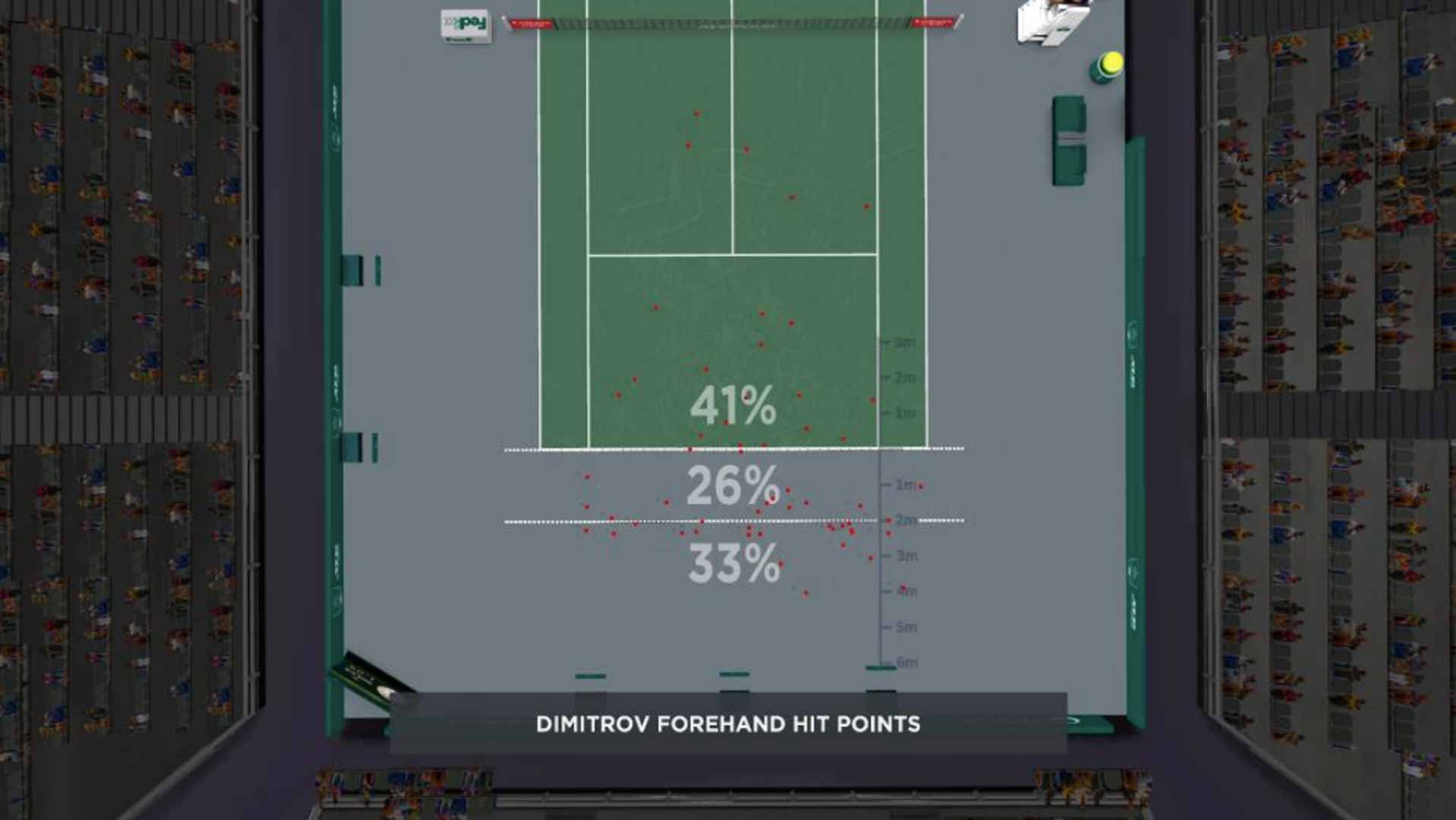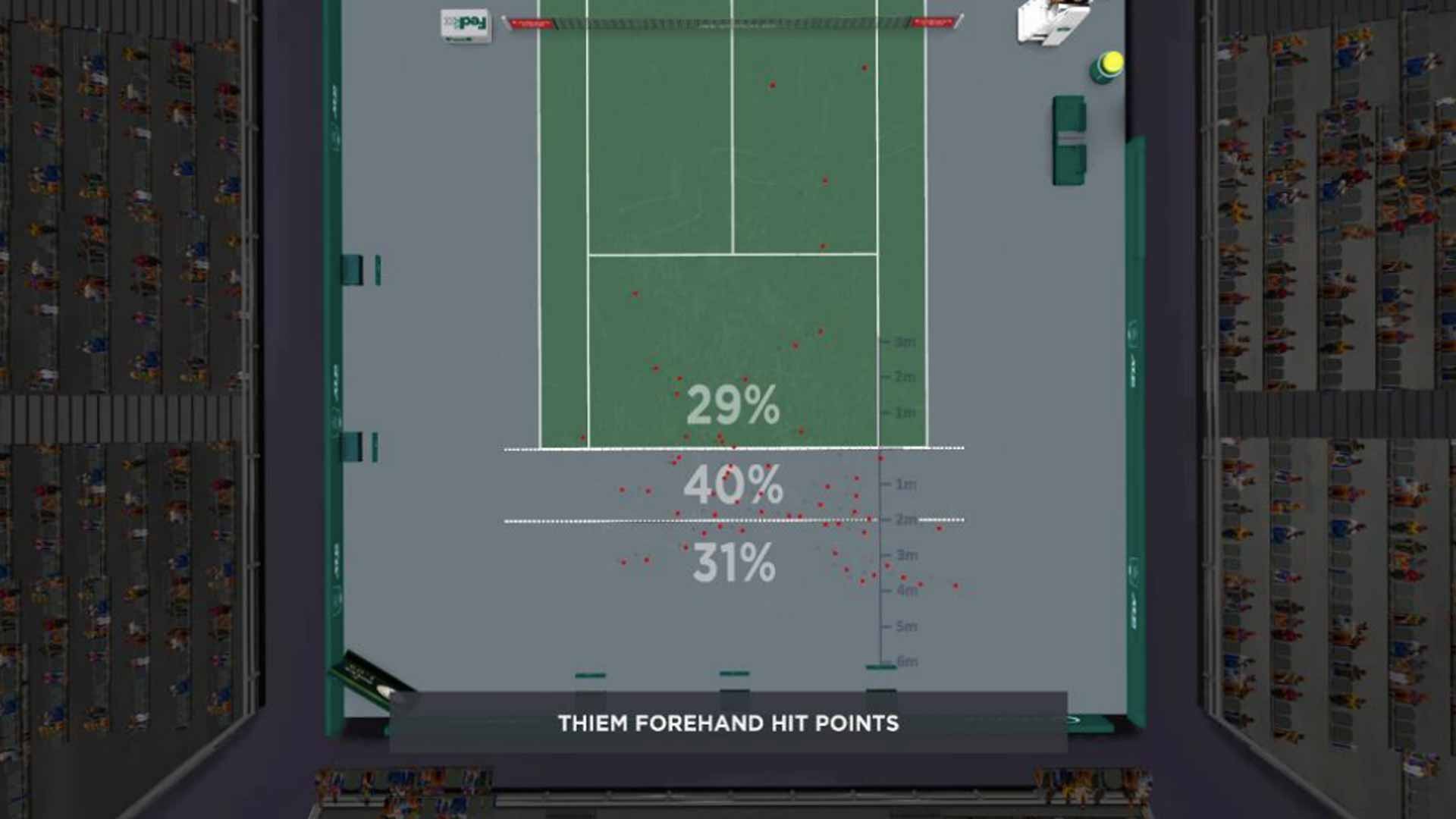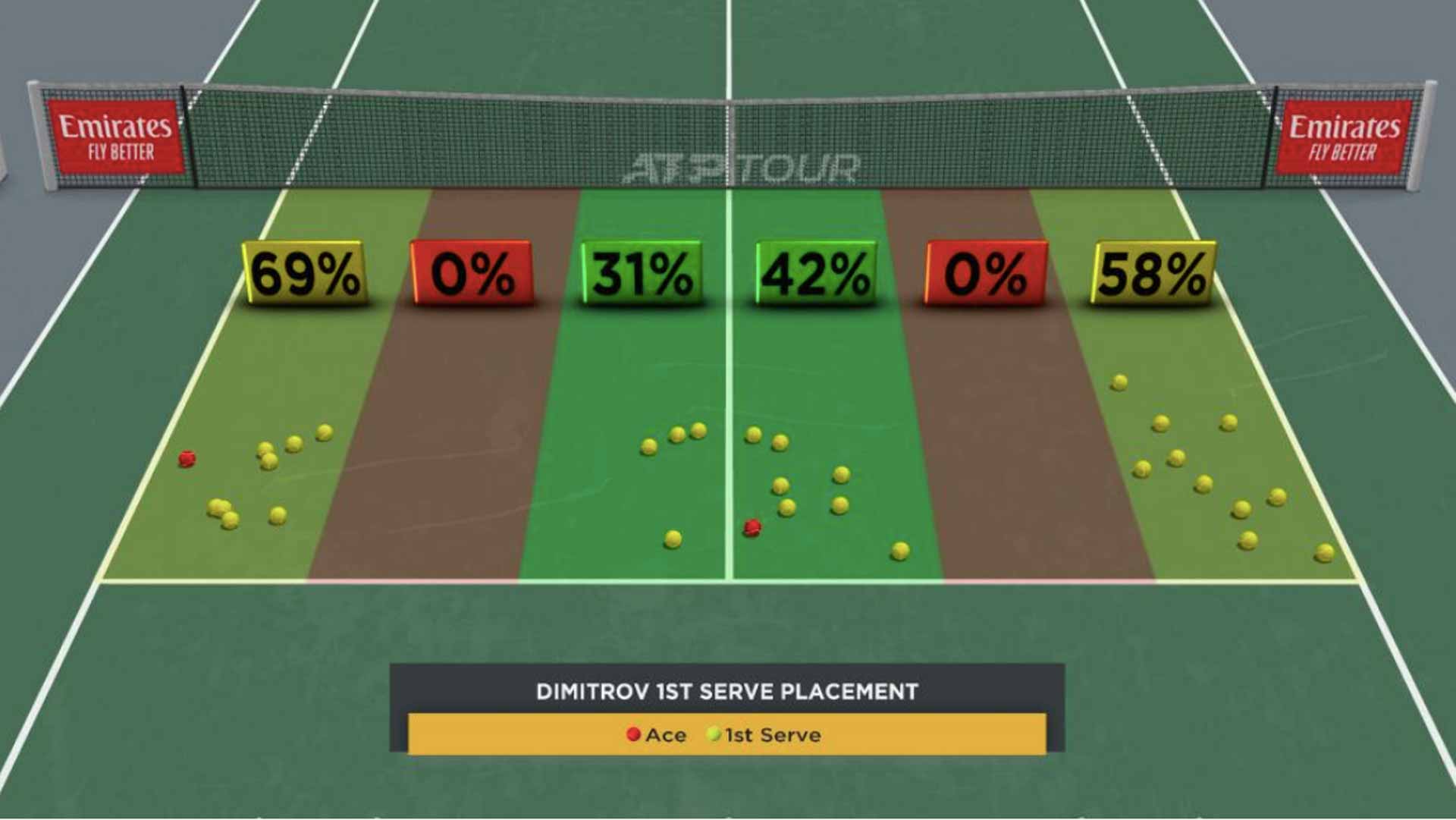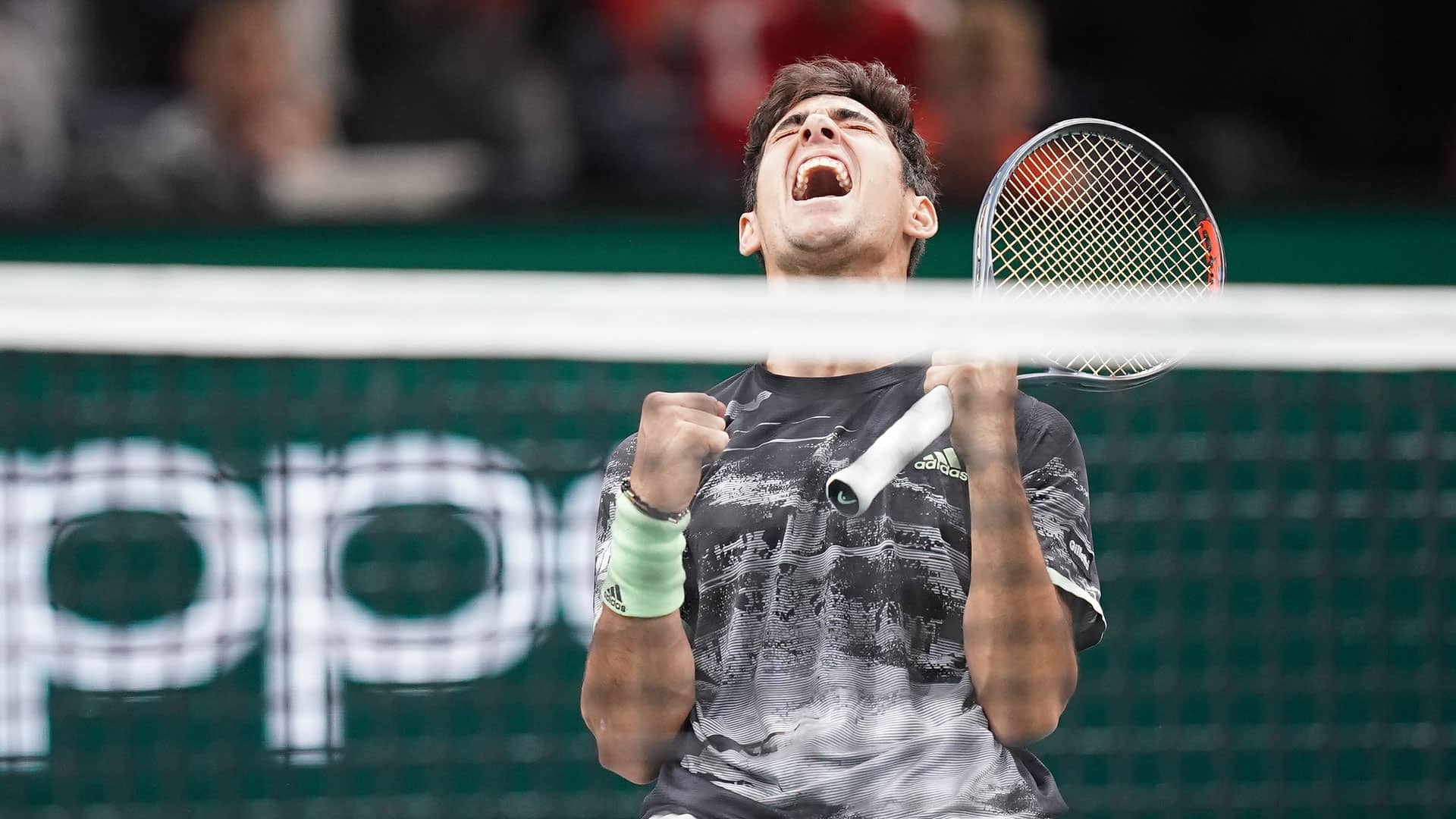Tsitsipas Completes Rapid Climb To 100 Wins
Tsitsipas Completes Rapid Climb To 100 Wins
Stefanos Tsitsipas is combining his rapid rise up the ATP Rankings with an equally speedy portfolio of wins. The Greek reached 100 tour-level wins with his third-round victory on Thursday against Aussie Alex de Minaur at the Rolex Paris Masters.
The 21-year-old hit his latest milestone after 160 matches (100-60) on Tour, which is a faster rate than everyone in the Top 10 besides Rafael Nadal and Novak Djokovic.
Fastest To 100 Among The Current Top 10
| Player | W-L Record After 100 Wins |
| Rafael Nadal | 100-37 |
| Novak Djokovic | 100-43 |
| Stefanos Tsitsipas | 100-60 |
| Alexander Zverev | 100-61 |
| Daniil Medvedev | 100-67 |
| Dominic Thiem | 100-68 |
| Roger Federer | 100-69 |
| Roberto Bautista Agut | 100-78 |
| Karen Khachanov | 100-80 |
| Matteo Berrettini | N/A (61 tour-level wins) |
Tsitsipas picked up his first tour-level win two years ago at the ATP Masters 1000 event in Shanghai and immediately built on it with his maiden ATP Tour semi-final in Antwerp. Forty-six more wins followed in 2018, including his first ATP Tour title in Stockholm (d. Gulbis), first Masters 1000 final in Toronto (l. to Nadal) and the Next Gen ATP Finals title in Milan (d. De Minaur).
The Greek surpassed those numbers this year with his 50th tour-level win on Thursday. He joined Daniil Medvedev and Roger Federer as the only players to reach that mark this season. Rafael Nadal and Novak Djokovic will play for their 50th win later Thursday.
Tsitsipas Celebrates Milestone Win Against De Minaur
Tsitsipas captured titles in Marseille (d. Kukushkin) and Estoril (Cuevas), in addition to reaching another Masters 1000 final in Madrid (l. to Djokovic). He also defeated Federer en route to his maiden Grand Slam semi-final at the Australian Open, after which he declared that “my idol today became my rival.”
His outstanding results helped him become the first Greek player to crack the Top 5 of the ATP Rankings this August. The Greek’s victory over Djokovic in Shanghai, his first against a World No. 1, secured his debut appearance at the season-ending Nitto ATP Finals, to be held at The O2 in London from 10-17 November.
Tsitsipas will look to add more wins to his tally in Paris when he faces top seed Djokovic or Kyle Edmund in the quarter-finals.







